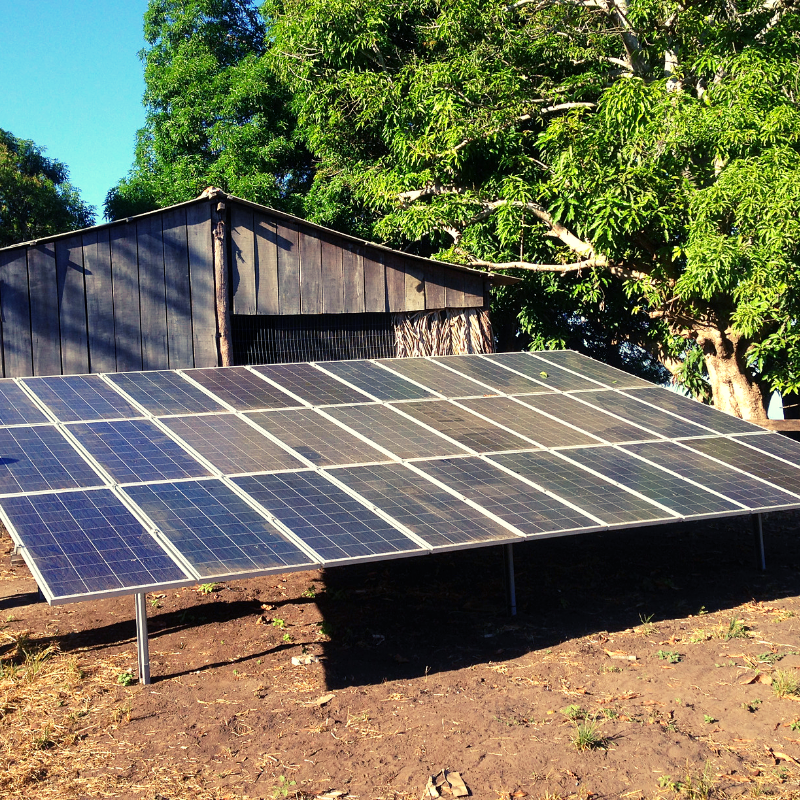To promote universal access to electricity and reduce the negative social and environmental impacts from energy system expansion

Access to electricity has a significant impact on people’s lives by allowing the refrigeration of vaccines, medication and food, lighting for nighttime classes, the use of computers in schools, and the supply of drinking water. Unfortunately, however, around one million people still have no access to electricity in the Amazon region alone, according to a 2019 estimate by the Institute for Energy and Environment (IEMA). It is noteworthy that access to electricity is a fundamental right guaranteed by Brazil’s Federal Constitution.
Furthermore, energy storage capacity in the reservoirs of hydropower plants has been declining, while demand in the electricity system has been growing. Simultaneously, the share of variable renewable sources in the energy matrix, such as solar and wind power, has been increasing. This scenario increases fluctuation in the system, since renewable sources are less controllable, which requires the implementation of manageable alternatives to meet demand.
Energy storage technologies, like batteries, could help achieve this. However, economic feasibility may be a limiting factor. Consequently, thermal power plants are a potentially competitive technological option, with controllable operation and a consolidated share of the energy matrix. Furthermore, the exploration of natural gas reserves in the pre-salt area and the new regulatory framework for the gas industry benefit the implementation of projects that consume oil byproducts.
One of the main potential problems of such plants is the severe social and environmental impact from air emissions and water consumption, which would require the adoption of mechanisms and practices to avoid or mitigate them.